“Since we are not receiving loans, since we are poor in capital, and since, furthermore, we cannot go into bondage to the West-European capitalists, not being able to accept the enslaving terms that they offer us and which we have rejected, only one alternative remains—to seek sources in other spheres. After all, that is better than bondage. Here we have to choose between bondage and vodka…”
“But reforms need huge sums. Where can we take money? It is necessary, in my opinion, to increase the production of vodka. We must reject the shame and directly and openly to increase vodka production to the maximum in order to strengthen country defense”. So, it is necessary, right now, to reserve raw materials for vodka production and enshrine it in the state budget. Bear in mind that the development of civil aviation will involve tons of money, so we’ll again have to appeal to vodka.”
Dear reader, did you think that above mentioned statements were certain secret letters of the Government officials of our country? For example, a letter of the Minister of Defense or the Minister of Finance to the Chairman of the Government or even the President. Why not?
It sounds so topically today. But NOT!
These words have been pronounced 90 years ago and belong to the Secretary – General of the Central Committee of the All-Union Communist Party of the Bolsheviks – Joseph Vissarionovich Stalin. We respect our history and mentioned many times that some Russian, as a rule, democratic bureaucrats ought to pass an examination in history regularly or to delve into the subject of issues under their responsibility.
We’d like to quote one more saying of J.V. Stalin:
Did we hit the right road, placing vodka production to the Government? I think, yes. If vodka transferred to private hands, it would lead to:
- firstly, strengthening of private capital;
- secondly, the Government could blow chances to regulate vodka production and consumption properly;
- thirdly, it could give troubles to cancel vodka production and consumption in future.
Vodka production, passed by the democratic Government to the private hands after break-up of the Soviet Union, confirms the foregoing… – strengthening of private capital, shadow market, trillions of rubles of shadow capitals, difficulties in regulation of production and consumption etc.
So, if someone, dear reader, thought that Stalin wished to alcoholize Russian people with cheap vodka, he was sadly mistaken…
The key tasks of 90-s were: a struggle with home-brew production, refilling of the budget and an opportunity in future, quote:
Our policy is focused on phaseout of vodka production.
I think that in future, we’ll manage to cancel vodka monopoly,
reduce alcohol production to minimum, required for technical purposes
and then eliminate vodka sales.
What can or must our Government do TODAY in order to change the situation radically?
We’ve already told about creation of the Government monopoly on alcohol production in our country, taking into account experience of German monopoly system.
To our opinion, it is important that the Government shall move a price for strong alcohol closer to prices of the shadow market. It is possible, in case of excise tax reduction. But, in the context of budget deficit, it is unreal today.
Maybe, it is useful to address to the history of our country and create a forgotten category of alcohol products with alcohol content below 40% or even below 30% as in 1924.
Just then, the Decision of CEC and Council of People’s Commissars, concerning permission for production and distribution of liqueur, extracts and drinks with alcohol content not exceeding 30% (“Russian bitter”) at the territory of RSFSR and other Union Republics has been taken and it was managed to reduce home brew production. 30% vodka was popularly called “Rykovaka” named after the Chairman of the Council of People’s Commissars A.I. Rykov (1924-1929).
What can be done today? If things in Russia are moving according to the following scenario – emerging of a new alcohol product category with alcohol content below 40% and lower excise tax than 40% vodka, so, taking into account a minimal consumer price and passing the rights for production to hands of the Government producer, positive sequence of events is possible.
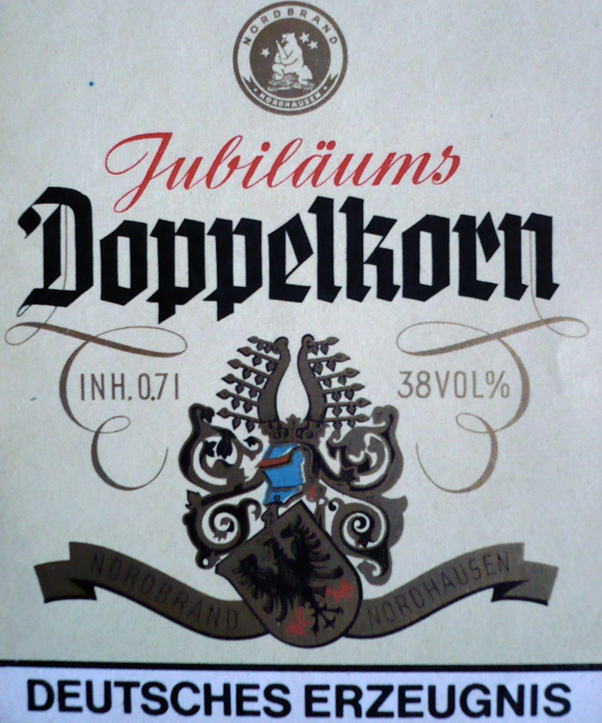 |
Besides, it is not necessary to aim for producing of an analogue of 30% “Rykovka” in Russia, it is fair enough German “Doppelkorn” containing 38% of alcohol, having high organoleptic indicators unlike “Rykovka”. If a regulator manages to set a minimal consumer price, maximally moving closer to prices of the shadow market, then success will not long in coming. We daresay that if a minimal consumer price is 100 rub./0,5l., the shadow vodka market will be crushed during two-three years. Will volumes of consumed alcohol be increased overall? The question is puzzling…
|
So, let’s be realists, moreover, we are sure that a minimal consumer price for this product will be 175-200 rub. But even this figure will allow a new segment to achieve a dominant position on supermarket shelves and in vodka market.







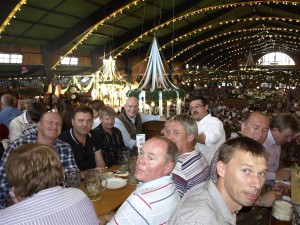
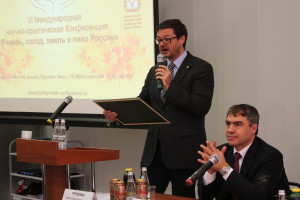





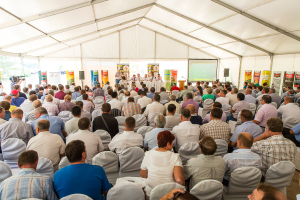
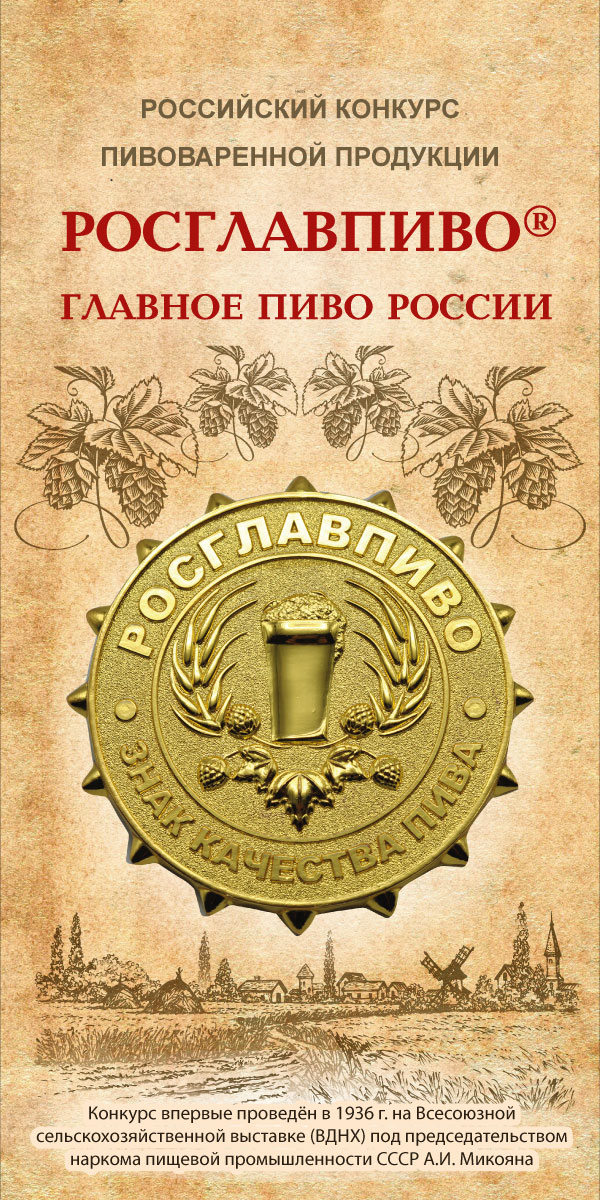
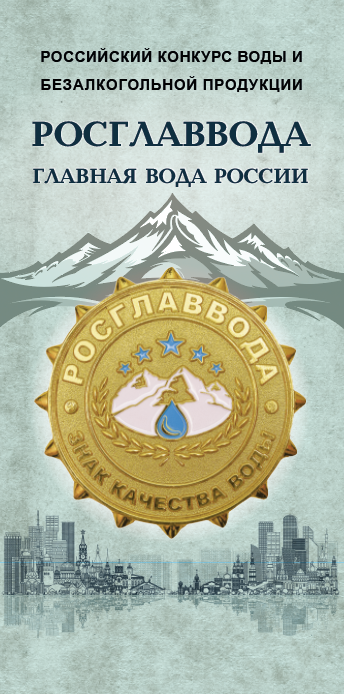
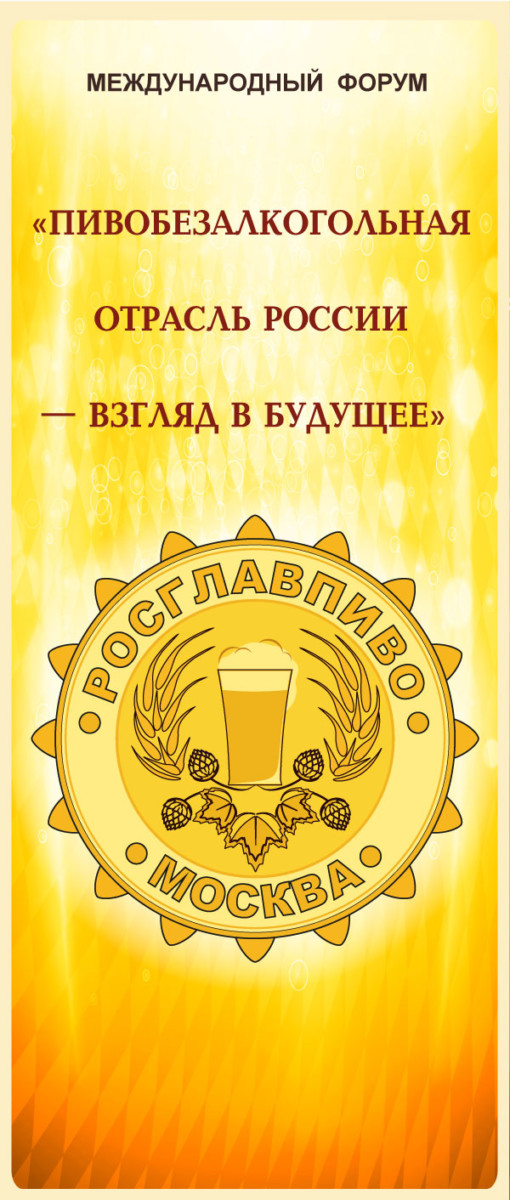
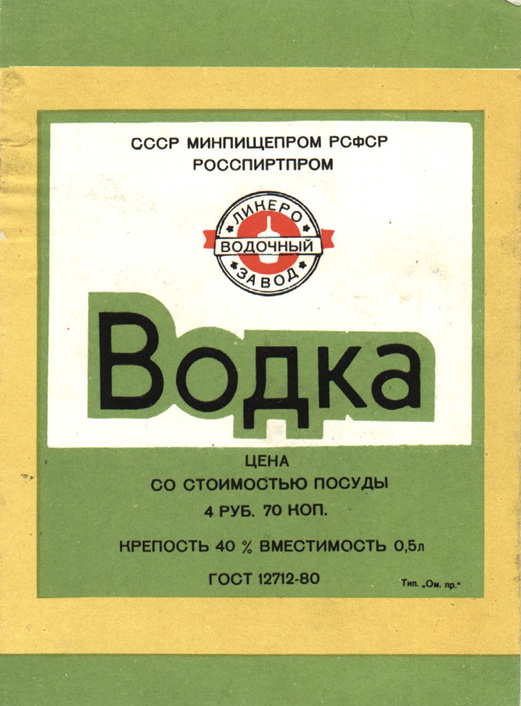

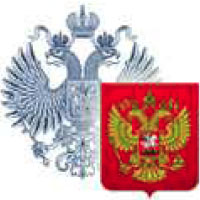

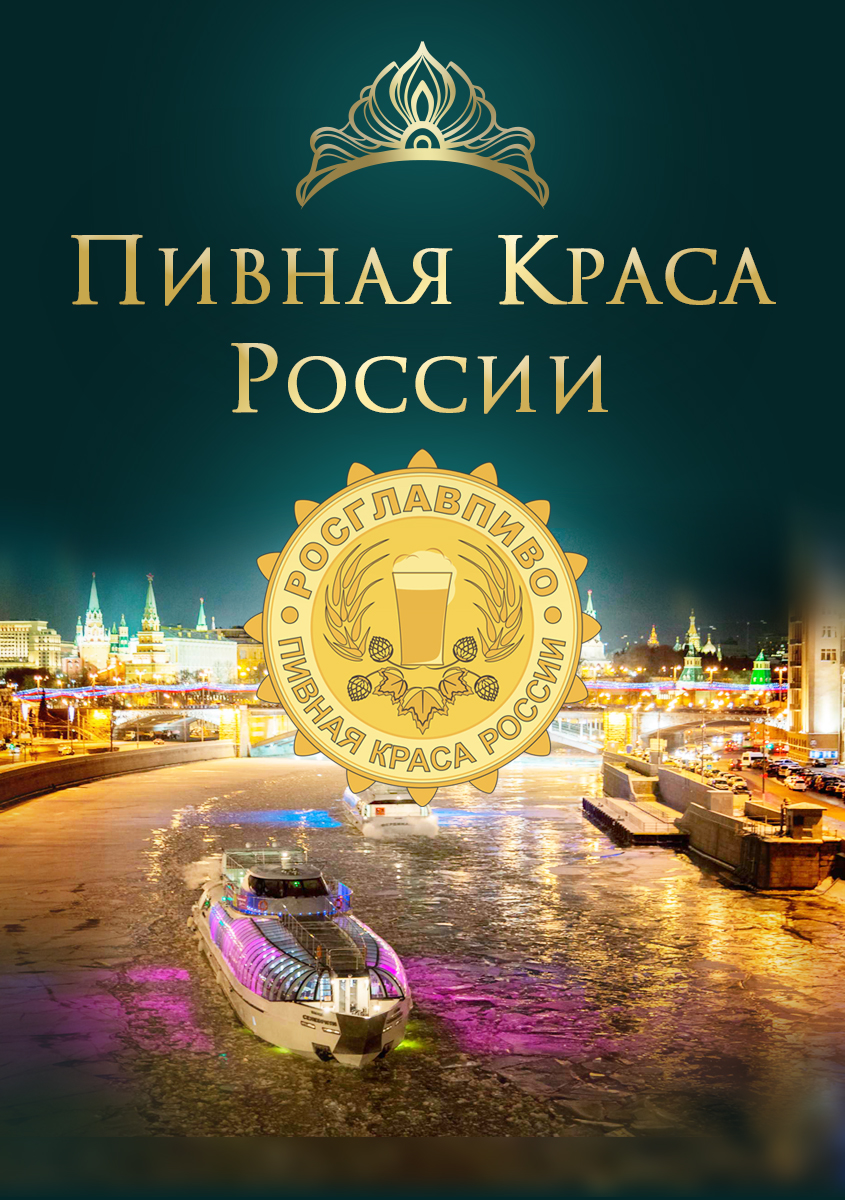




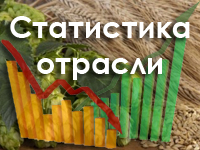
No comments